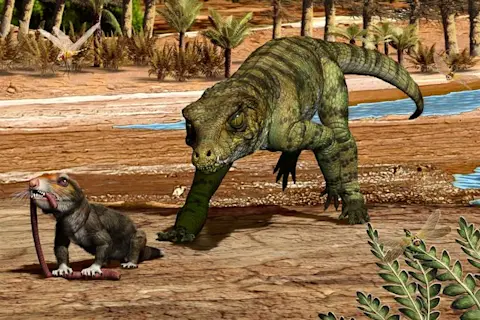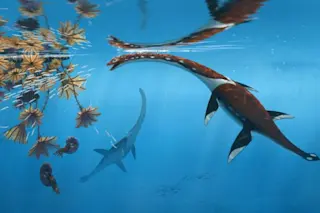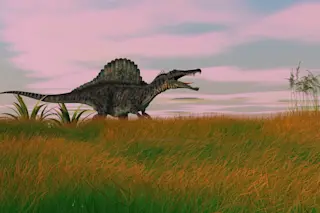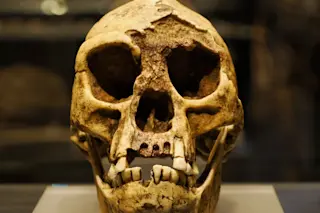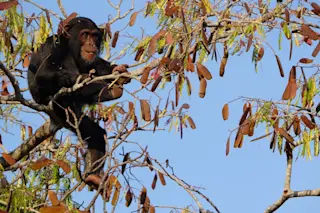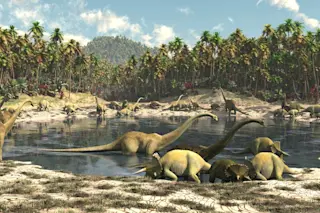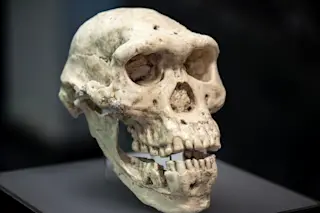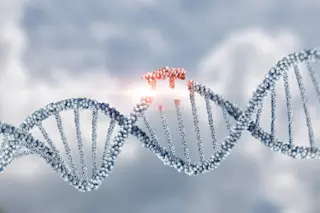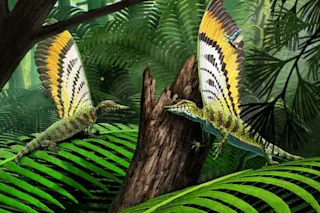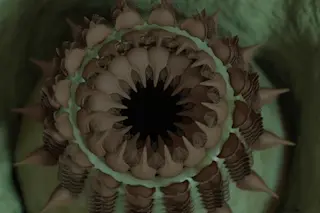Crocodiles are persistent — not just in their deadly pursuit of prey, but in terms of their existence. The contemporary species hails from a 230-million-year lineage that has survived two mass extinction events.
A study in the journal Palaeontology identifies flexibility as a key to their longevity. Crocodylians that survived over millions of years can eat a variety of foods and live in multiple habitats. Understanding this level of adaptability could help threatened species survive.
“Extinction and survivorship are two sides of the same coin. Through all mass extinctions, some groups manage to persist and diversify. What can we learn by studying the deeper evolutionary patterns imparted by these events?” said Keegan Melstrom, professor at the University of Central Oklahoma and an author of the study, which she began as a graduate student there, in a press release.
Crocodylians are often referred to as “living fossils.” But that may be ...
